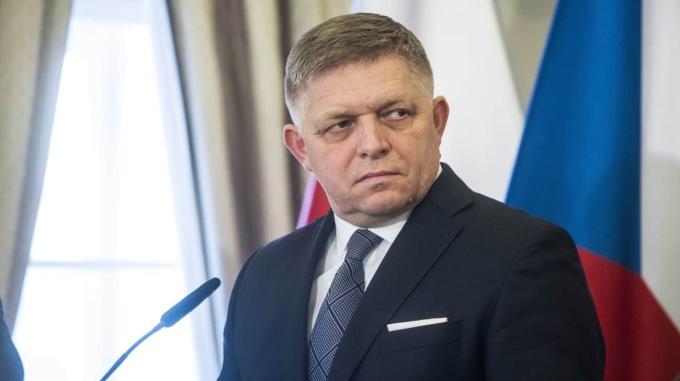Fico frank: I will avoid meetings with Zelensky because he “hates me”

Slovak Prime Minister Robert Fico openly admitted that he does not plan any meetings with Ukrainian President Volodymyr Zelensky, as he feels that the latter "hates him." He made this statement in response to a question about a possible visit by the Ukrainian leader, noting that such a meeting currently makes no sense for him. The deputy added that his personal relations with Ukraine’s Prime Minister Denys Shmyhal are quite productive and mutually beneficial, whereas his relations with Zelensky remain at the level of direct contacts and do not have a future. The statements from the head of the Slovak government came ahead of diplomatic steps that may concern Ukraine. Fico emphasized that he does not see much need for loud symbolic visits, since, in his words, President Petro Pellegrini, who shows interest in visiting Kyiv, would do so for symbolic reasons. "A visit of this kind will not have any real political or diplomatic significance, because the president, within his powers, cannot sign any documents or agreements," he underscored. The head of government stressed that it is important for Slovakia to maintain a pragmatic approach to supporting Ukraine. In his view, the country should benefit from Ukraine’s further European integration, and he is convinced that this will bring more positives than negatives at this stage. "We see significant potential for Ukraine to become part of the EU. This will bring stability and development not only to Ukraine but to Europe as a whole. Unlike some other countries that hesitate, we believe in the possibility of future cooperation," he noted. On the other hand, Slovakia continues to express disapproval of certain EU sanctions measures against Russia, particularly the 18th package of sanctions. The country's authorities are currently hinting at the possibility of reviewing their position in the shortest terms, but official circles emphasize that this is only an internal discussion at the moment, and the country does not exclude the possibility of changing its stance. Let us recall that issues concerning the unity of the EU’s position on sanctions, as well as support for Ukraine, remain new challenges for European policy. Although some countries, including Slovakia, openly express disagreement with certain measures, most EU members continue to support Ukraine in its fight for independence and territorial integrity. However, considering Fico’s latest statements, it can be assumed that in the most serious political circles, skepticism is growing regarding personal trust levels between national leaders and the current agenda that Europe is setting in this crisis situation.

